The rise of the super e-scooter
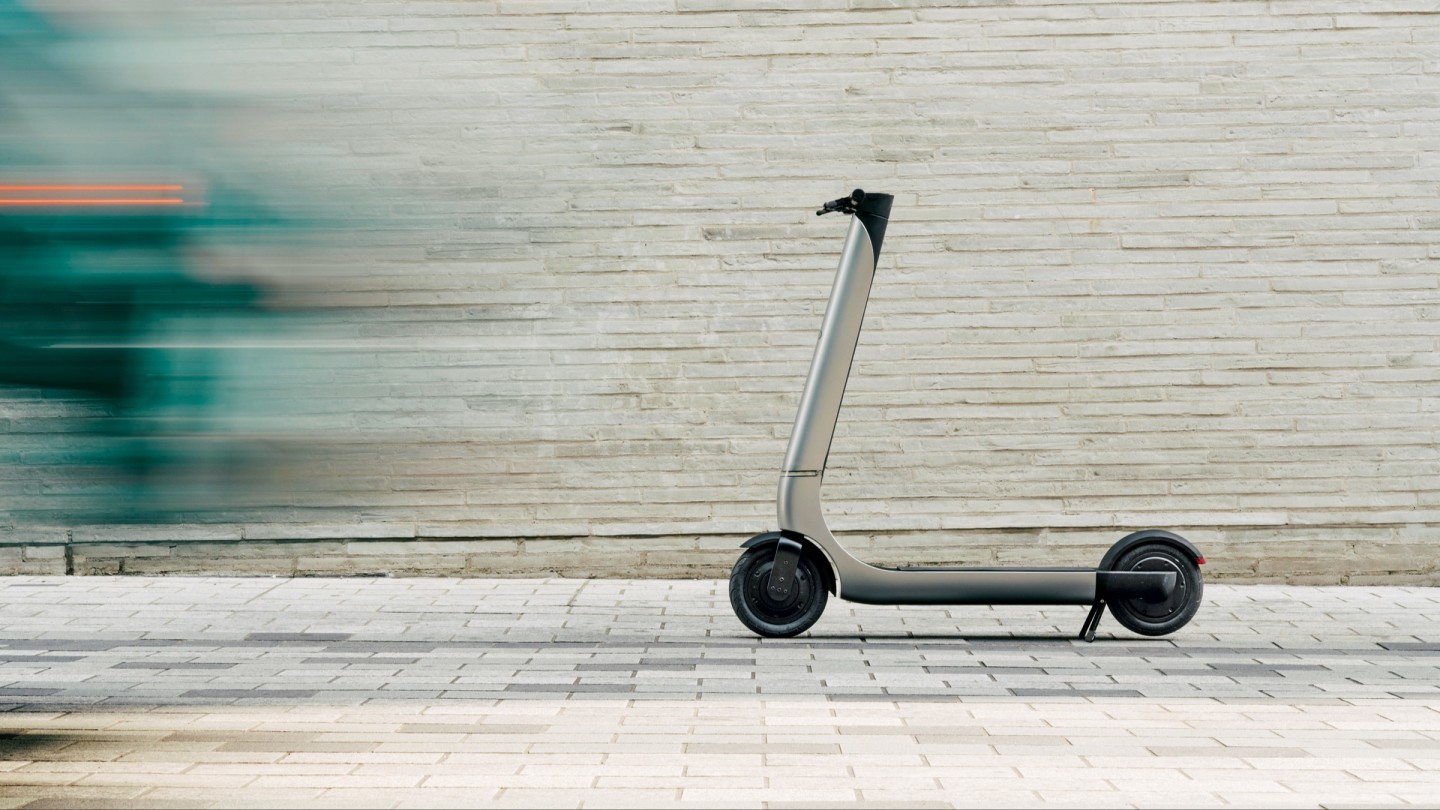
Roula Khalaf, Editor of the FT, selects her favourite stories in this weekly newsletter.
New modes of transport have always provoked public irritation, from the horse-drawn tram to the supersonic aircraft. The e-scooter, however, has come in for particularly harsh criticism. Integrating it into the infrastructure of towns and cities across the world has proven to be a legal and practical headache: cyclists and motorists resent them, pedestrians are wary of them and rental schemes designed to gently usher them into urban life have seen them strewn like litter across pavements and parks. Indeed, they provoked such irritation among Parisians that rental e-scooters were banned from the city in September 2023.
In the UK, trial rental schemes continue, but privately owned e-scooters can still only be legally ridden on private land. Those who break the law face a £300 fine, six points on their driving licence and possible confiscation of the vehicle – some of the strictest laws in the world. But in the US, save for a couple of states, there are no such restrictions, and across the world personal scooters are beginning to be classed as roughly equivalent to bicycles, although many local anomalies remain (for example, in Melbourne you’re fine, but in Sydney you’re not).
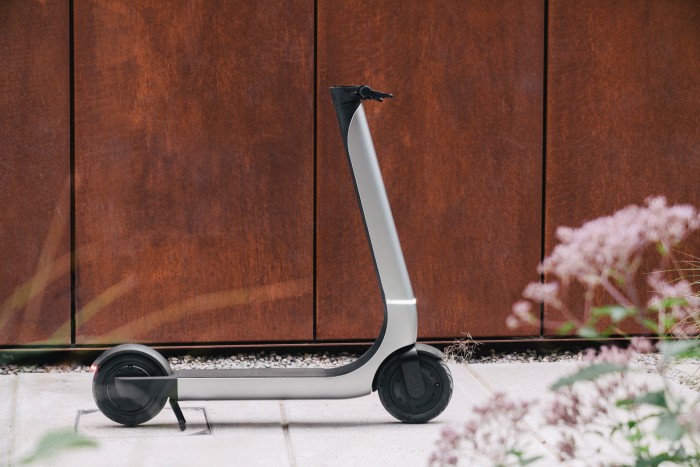
“Nothing can stop an idea whose time has come,” says Oscar Morgan, co-founder of e-scooter firm Bo, who sees them as the future of mobility. His colleague, Luke Robus, explains: “We’ve had people try the Bo M [its first product] who’ve seen e-scooters and were terrified of them, but they get on, they ride, they get off, they smile. They’re super happy. We’re changing people’s entire worldview.”
Your first ride on an e-scooter can certainly feel transformative. For the first 50 metres, as you get used to balancing (one foot behind the other) and operating the throttle system (sometimes a forefinger, more usually a thumb), you feel like a kid riding a bike without stabilisers for the first time, wide-eyed and anxious. You soon begin to understand what makes them so pleasurable, even addictive: they’re simple to operate, convenient to hop on and off and give you the faintest sensation that you’re floating on a magic carpet. Now the battle is on to build the ultimate urban e-scooter, one that’s comfortable, elegant and, primarily, safe.
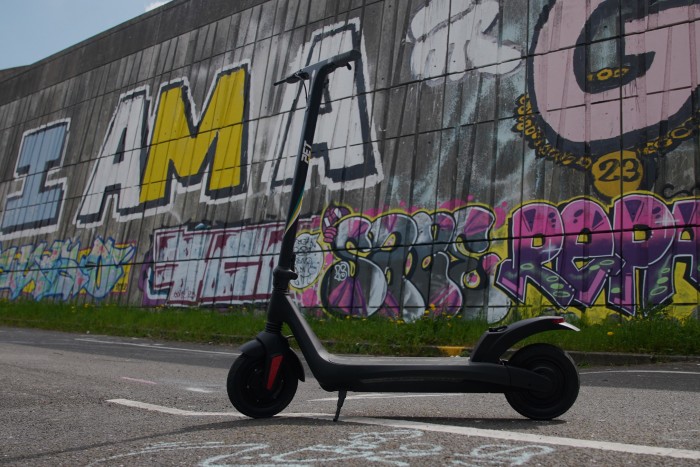
“With bikes, you have more than 100 years of people obsessing about detail, with every single format played with – different geometries, different materials,” says Morgan. “Very little of that exists for scooters, as yet.” The agility and aesthetic of the Bo M reflects the backgrounds of the company founders (luxury automotive and Formula One), from the aluminium unibody to the trademarked steering system, and right down to its bag hook. In comparison to a fairly dilapidated rental e-scooter I’d ridden around my home town in Essex, the Bo M felt positively grandiose. “You’d turn up for a date on a Bo and not feel like a dork,” Morgan assures me, and he may well be right.
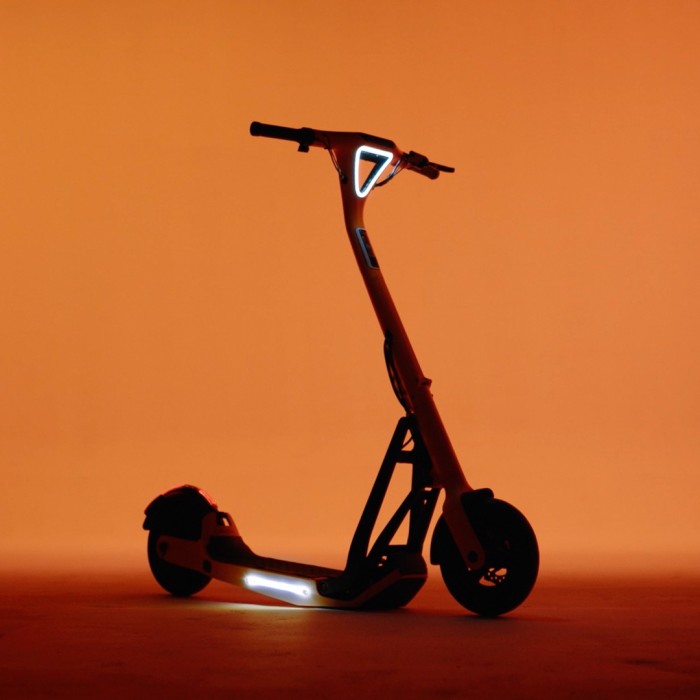
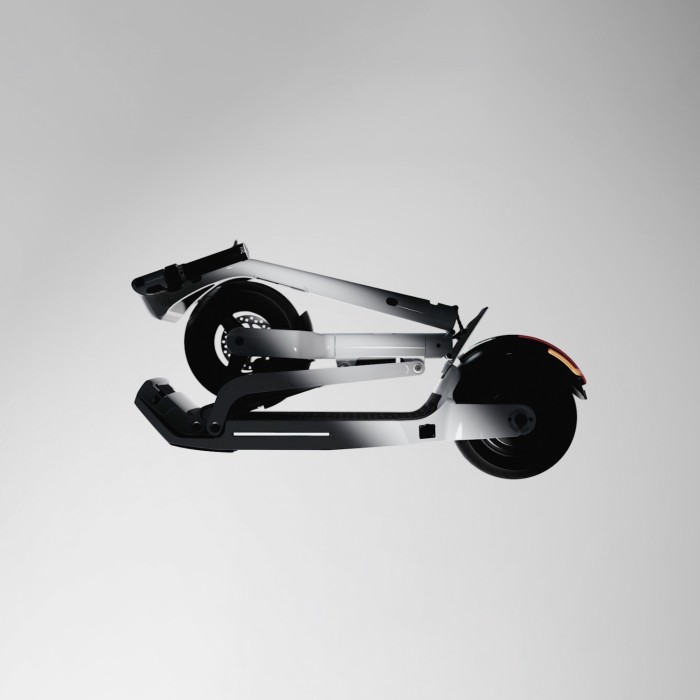
The top performers head-to-head
Bo M
Top speed 35kmph
Battery range 50km
Charge time Less than three hours to 80 per cent
Weight 22kg
Apps iOS, Android
Price £2,095, available for pre-order at bo.world
Motorun by PET
Top speed 50kmph
Battery range 40km
Charge time Five and a half hours
Weight 25kg
Apps Android (iOS to come)
Price £1,195, personalelectrictransport.co.uk
Golden Ride A6 Pro
Top speed 25kmph
Battery range Up to 25km
Charge time Six hours
Weight 16kg
Apps n/a
Price £479, goldenride.co.uk
Lavoie Series 1
Top speed More than 40kmph
Battery range 50km in eco mode
Charge time Standard charger three and a half hours; supercharger two hours
Weight 18.5kg
Apps iOS, Android
Price £1,890, lavoielectric.com
There are also F1 links to the new Series 1 e-scooter from Lavoie, an e-mobility company founded by McLaren Applied, supplier to the motorsport and automotive industries. It’s packed with features and touches that seem to be about creating a desirable, cherishable product, as opposed to the rental scooters you see lying on roadsides. A neat patent-pending folding system collapses the scooter uniquely and elegantly, a “park mode” lets it rest on its base and can be exited with a squeeze of the brake, and a triangular “halo” headlight gives it a distinctive appearance. Again, the care taken over ergonomics was immediately apparent on a test ride (on private land, naturally): the rain was lashing down that day but taking corners felt safe and the thumb-operated throttle was comfortable to use.
It’s a difficult time for e-scooter brands in some territories, notably the UK. Inokim, founded in Israel in 2009, recently closed its store in central London citing the lack of coherent legislation – although that coincided with the London opening of the first overseas store of Milan-based firm Golden Ride, selling its own nimble, anti-puncture A6 Pro e-scooter and offering maintenance facilities.
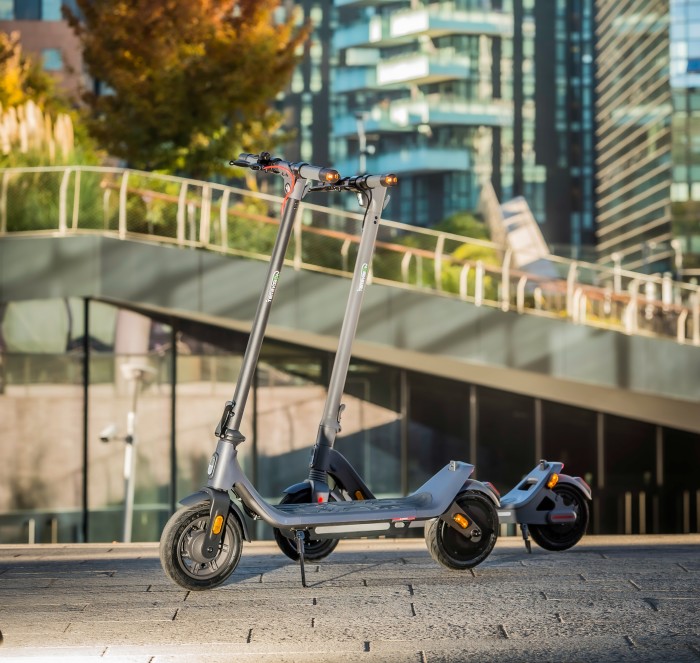
There’s clearly a belief that, in the medium to long term, e-scooters will become normalised. “They have a small footprint, they’re lightweight, they’re energy-efficient,” says Mark Shaffer of Personal Electric Transport (PET) in east London, which specialises in e-scooters and has witnessed rises and falls over eight years of business. “We’ve got a solution right in front of us that could revolutionise the way we get around.” His colleague Vlad Malarz agrees: “In the summer I was in the Czech Republic, in Prague and Ostrava, and I wanted to cry – people of all ages, old guys, mums, all on scooters. Everybody’s riding!”
Comments